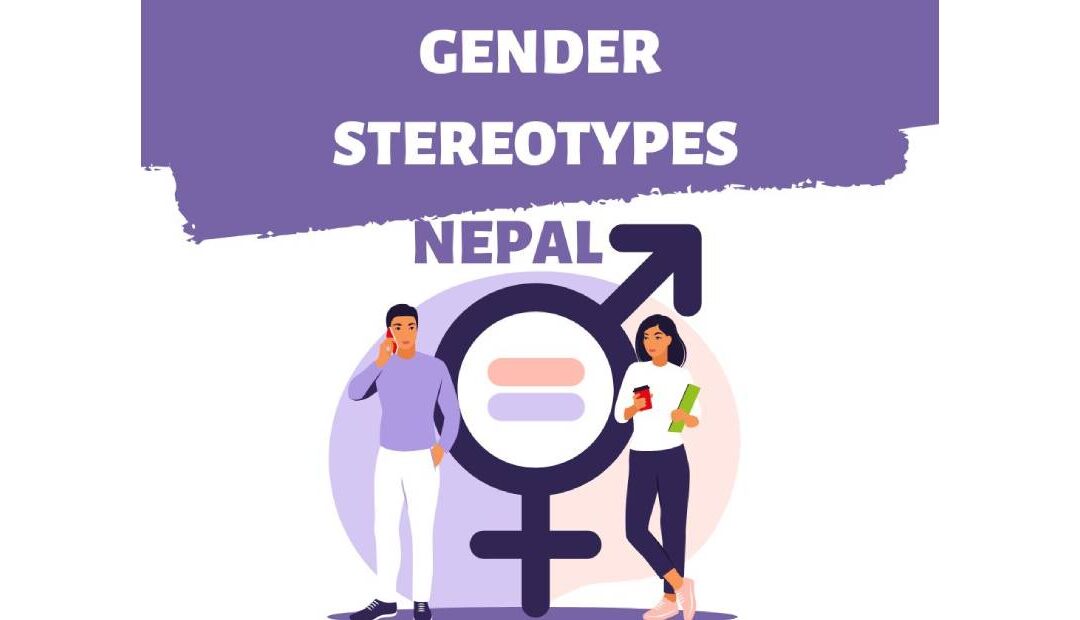Introduction
Traditional gender roles have long governed the expectations and restrictions imposed on people based on their sex in Nepal and many other civilizations. The societal standards that specify proper conduct, obligations, and opportunities for men and women are known as gender roles. These roles are frequently deeply rooted in religious and cultural customs. In turn, gender stereotypes are simplistic ideas about the traits and skills of men and women. Historically, these misconceptions have limited women’s access to leadership positions, employment, and education. Education, on the other hand, is becoming a powerful instrument for questioning and changing these habits, encouraging women’s empowerment, and promoting gender equality.
Education as a Tool for Change
By challenging deep-rooted stereotypes and equipping individuals with the knowledge to question discriminatory practices, education has the power to change Nepal’s traditional gender norms. Students are exposed to a variety of viewpoints in schools and colleges, which encourages them to reconsider societal norms. Teachers can incite conversations on equality, human rights, and the financial advantages of an inclusive society by incorporating gender-sensitive curricula.
Moreover, women with higher levels of education are more inclined to look for work, take part in decision-making, and fight for their rights. By making sure that their kids, both boys and girls, have equal opportunities, they also help to end the cycle of discrimination. In Nepal, programs that promote female enrollment -like community awareness campaigns and scholarships- have played a key role in expanding girls’ access to school.
Volunteer Opportunities in Nepal’s Education Sector
Impact of Gender Stereotypes on Nepalese Women
Nepalese women suffer greatly from gender stereotypes, which restrict their potential and uphold social inequalities. Girls are frequently required to put domestic work ahead of their schooling from a young age. Many are also married young, which limits their access to further education and financial security. In the workplace, where leadership positions are primarily held by men, women commonly face prejudices that prevent their ability to advance in their careers.
The consequences extend beyond economic disadvantages. Women are further marginalized by gender-based violence, limited mobility, and low political engagement, which perpetuates the idea that men are superior to them in both public and private spheres. Education is essential for changing mindsets and destroying restrictive traditions, but overcoming these obstacles will take focused efforts.
Can Education Completely Eliminate Gender Biases?
Although education has a significant role in reducing gender biases, it cannot completely eradicate them. A multifaceted and holistic strategy that incorporates legal protections, policy reforms, and cultural adjustments is needed to restructure society. When combined with media representation of empowered women, government measures that encourage gender-inclusive education can increase the influence of education in changing public opinion.
Furthermore, promoting a gender-equitable society requires male involvement. Progress can be accelerated by motivating boys and men to oppose stereotypes and advocate for equal chances. Leaders in the community and religion are also essential in changing cultural narratives that have long supported gender inequality.
Conclusion
In Nepal, education is an important instrument for dispelling gender stereotypes by giving women the chance to question established roles and fight for equal rights. Even though there has been a lot of progress, ongoing work is required to guarantee that education results in long-lasting social transformation. A future in which people are valued for their skills rather than their gender can be achieved in Nepal by promoting an inclusive and equal opportunity culture.
Calypso Chosson
Project “Youth We Can!“
ESC Volunteering 2024/25
Volunteers Initiative Nepal

